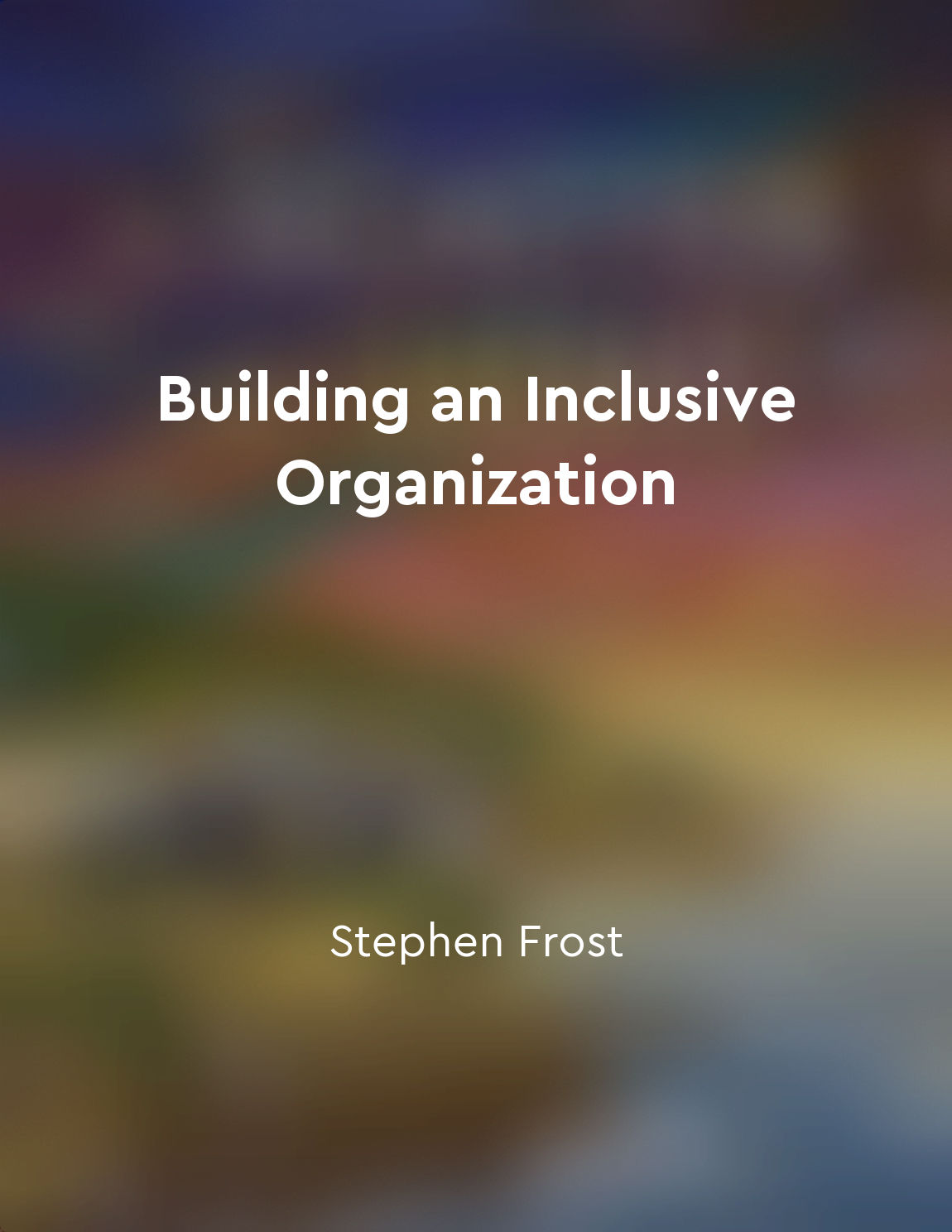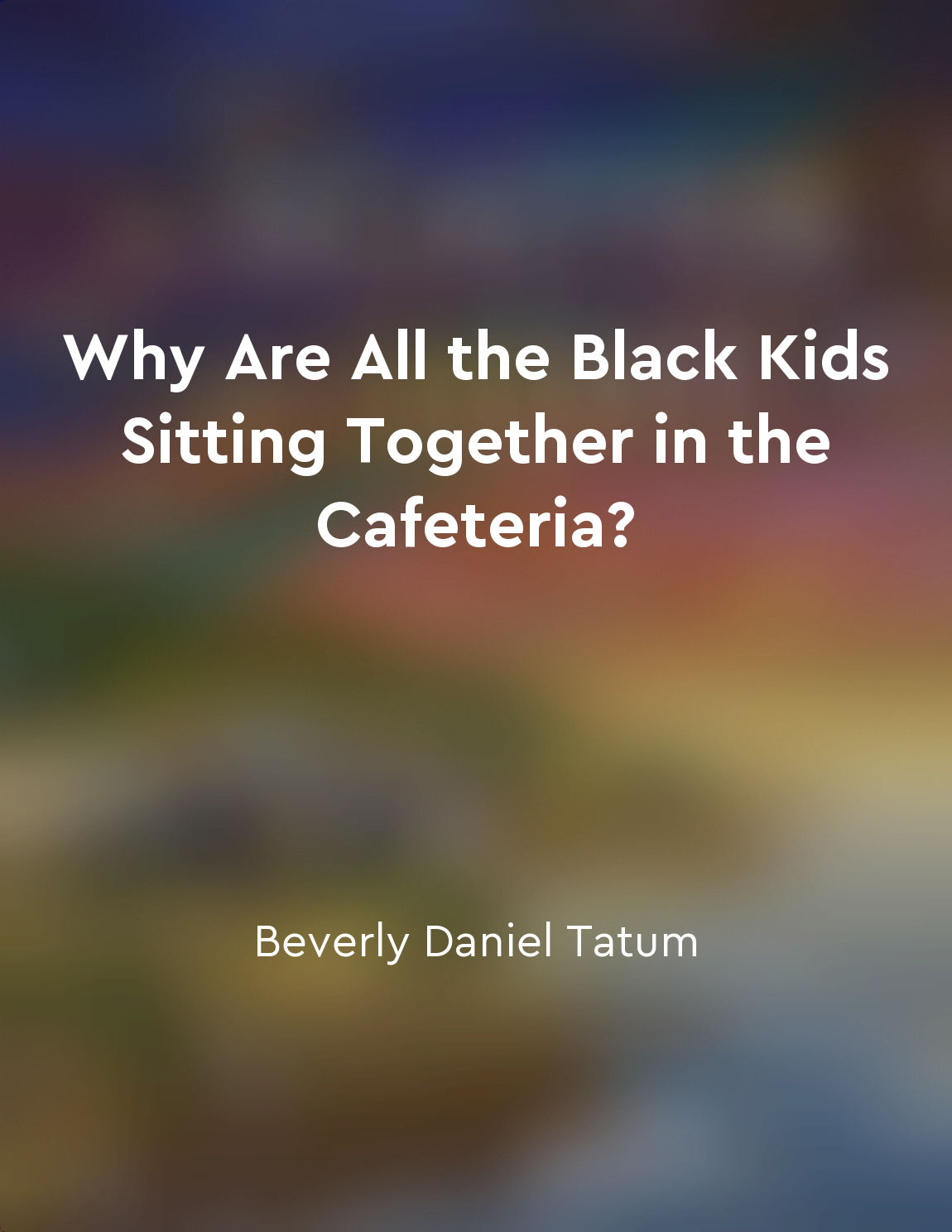Address systemic barriers from "summary" of Culturally Responsive Teaching by Geneva Gay
To effectively address systemic barriers in education, it is essential to first understand what these barriers entail. Systemic barriers refer to the institutionalized structures and practices within the education system that disadvantage certain groups of students based on their cultural backgrounds, socioeconomic status, race, or other factors. These barriers can manifest in various forms, such as unequal access to resources, biased curriculum, discriminatory policies, and lack of representation in the classroom. In order to address these systemic barriers, educators must first acknowledge their existence and impact on students' learning experiences. This requires a critical examination of the ways in which the education system perpetuates inequities and marginalizes certain groups of students. By recognizing and naming these barriers, educators can begin to develop strategies to dismantle them and create a more inclusive and equitable learn...Similar Posts

Create a culture of belonging
Creating a culture of belonging is crucial in building an inclusive organization. This involves fostering an environment where ...

Antiracist work requires ongoing effort
Antiracist work is not a one-time task that can be checked off a to-do list. It is an ongoing commitment that requires consiste...

Stereotypes can influence behavior
Stereotypes are powerful forces that shape our perceptions of others and can influence our behavior towards them. When we hold ...
Encourage students to revise and edit their work
Revision and editing are essential components of the writing process. When students are encouraged to revise and edit their wor...
Freire's concept of praxis
One of the central ideas that Freire explores in 'Pedagogy of the Oppressed' is the concept of praxis. Praxis is a term that re...
Nurturing problemsolving abilities
The development of problem-solving abilities is a critical component of fostering students' thinking skills. By nurturing these...
Education should empower students to become critical thinkers, active citizens, and lifelong learners
The purpose of education is not merely to convey a set of facts or skills, but to cultivate a deeper understanding and apprecia...
Foster cultural competence
To effectively educate students from diverse cultural backgrounds, educators must foster cultural competence. This involves dev...
Foster a sense of belonging
Geneva Gay emphasizes the importance of creating an inclusive environment where all students feel like they belong. This involv...
